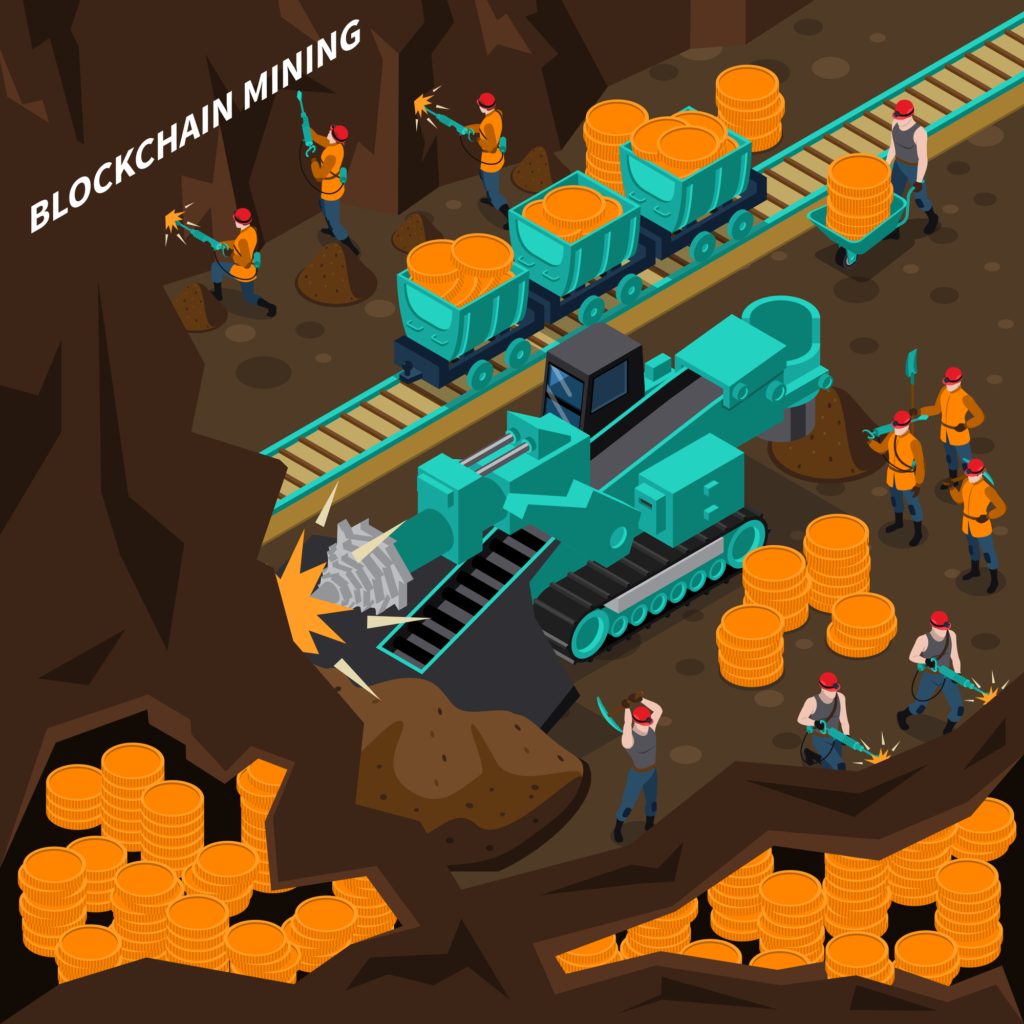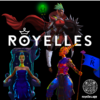
If you thought that cryptocurrency was all about financial markets, economics, and decimals, think again. With blockchain technology finding uses in just about every industry, we’re seeing a ton of creative ICOs cropping up. These aren’t just for buying and selling, transferring money and avoiding transaction fees. Check out the following creative ICOs using the blockchain for fun and games.
Core Network
Core Network caters to the growing mobile game market, which rose by nearly 20 percent in the US in 2017. What distinguishes Core from the scores of other gaming ICOs already out there? It’s blending sports, entertainment, and betting to “create a new level of events.”
It’s also been established using award-winning technology by a leadership team of sports enthusiasts. And it’s gaining traction with Hollywood influencers, too. Lindsay McCormick, Rob Horry, and Sommer Ray and just some of the movers and shakers involved in this fun platform. Core is also developing the AR gaming space and using cryptocurrency to build a rewards network for game players, advertisers, and third party developers.
Through the blockchain and mobile game technology, Core connects influencers, brands, and audiences directly, bringing two mammoth markets together (mobile advertising, set to reach $244.57 billion by 2022, and mobile gaming, valued at $108.9 billion in 2017). Moreover, the coin is a true utility, as it’s used in games as rewards.
Worldopoly
Worldopoly claims to be the first strategy game on blockchain and AR, and it’s certainly a game for the most avid of gamers! Implementing geopositioning, augmented reality and the blockchain, users can walk around in the real world and create virtual houses, real estate, and even entire cities! When each building is ready it generates revenue and opens up new opportunities.
Just like in the real world, you can renovate or upgrade your building, or put it up for sale. You can even join forces with other players to finance large scale real estate projects. And of course, using cryptocurrency, you can be rewarded with actual funds, rather than just virtual gems or stars.
FireLotto
FireLotto, as the name suggests is a lottery built on the blockchain. It’s every bit as simple to understand as a regular lottery (and hard to win!) and it’s build on Ethereum smart contracts, which means that all winnings are automatically paid out after every draw. Prices for lottery tickets start at $7, and you can access a ton of fun lottery games, and also play on any device without downloading an app.
You can earn money through referrals that are completely transparent and get up to 15 percent off the ticket price for each one sold. Depending on how many users take part on a given day, the prize money can run in the millions of dollars. And the best part? Thanks to the immutability of the blockchain, no winnings or tickets can be falsified.
While it remains to be seen how long these creative ICOs will stick around and whether they’ll go the distance, one thing is for certain–it makes a change to see teams collaborating to have some fun and games at work!
















I know this web site offers quality based articles or reviews and extra data, is there any other web page which offers
such information in quality?
I was wondering if you ever thought of changing the structure of your site?
Its very well written; I love what youve got
to say. But maybe you could a little more in the way
of content so people could connect with it better. Youve got an awful lot of text for only
having one or two images. Maybe you could
space it out better?
I have to thank you for the efforts you have put in writing this website.
I really hope to check out the same high-grade content from
you later on as well. In fact, your creative writing abilities
has encouraged me to get my own, personal site now 😉
Greetings! Very useful advice in this particular post!
It is the little changes that make the largest changes.
Many thanks for sharing!